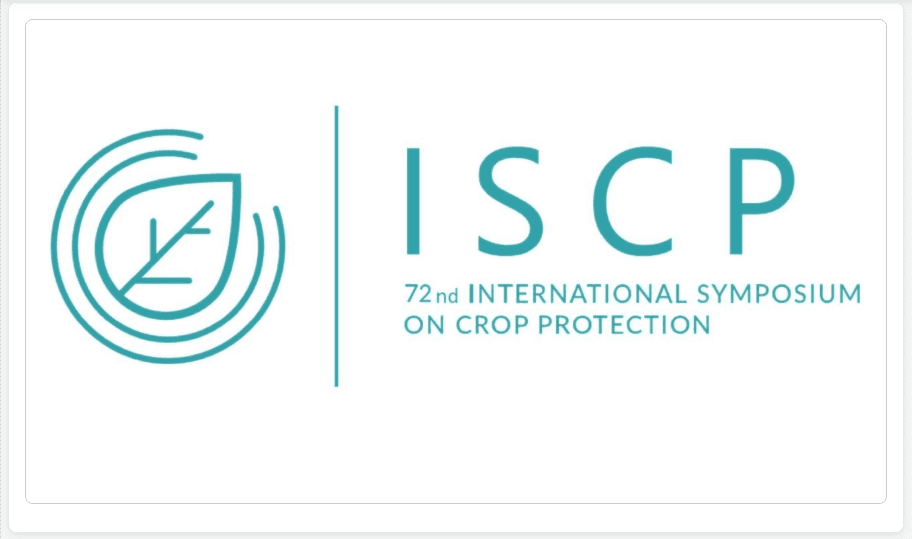The program included a plenary session with three invited speakers, several parallel sessions, and a poster session. The introductory speech Prof Geert Haesaert, Faculty of Bioscience Engineering, Ghent University, Belgium, covered the different aspects that have contributed to the success of the symposium as a platform to build connections with scientists, researchers, and industry personnel across the world.
Harry Arijs, Directorate General of European Commission, Health and Food Safety, Belgium gave the first plenary speech on “Plant health, our common good”, which covered the goals of the Farm to Fork strategy, sustainable use of pesticides, and the importance of biological control agents in crop protection. Paul Nicholson, Group Leader, The John Innes Centre, UK, an expert in the study of the genetic basis of resistance to pathogens of wheat and barley, then spoke about mycotoxin, a secondary metabolite produced by Fusarium head blight, its lethal properties, and method to reduce mycotoxin risks in grain.
The symposium included 62 oral and 75 poster presentations addressing crop protection issues in different areas such as entomology and acarology, nematology, phytopathology, herbology, formulation, and application technology, pesticide residues: toxicology and ecotoxicology.
All presentations were highly insightful. Soudani Nafissa’s presentation, in the Formulation and Application Technology session, looked at the intensity of pesticide use on vegetable crops in Algeria to deal with pests and their impact on human health and the environment. In the Nematology session, Orly Oren-Bahar presented her research work on a predatory nematode, Allodiplogaster sudhausi, and mentioned its biocontrol potential against bacteria and plant-parasitic nematodes. Another interesting talk was delivered by Kerry-Lyn McDonald Howard from Liverpool John Moores University on the synergistic effect of essential oils and slug parasitic nematodes to control slug pest in lettuce crops.
Crop protection is crucial to improve agricultural yields to feed the world’s growing population. The discussions in the symposium provided insights into all the tremendous research that has been going on in different parts of the world to protect crops from pests and diseases.
For information on the work CHAP is doing to promote and advance crop protection visit our Solutions page, International Pest Horizon Scanning, Advanced Glasshouse Facility, Digital Phenotyping Lab or Fungal Biopesticide Development Lab. For information on our International Projects, go to PCN or Plantwise.
If you are interested in working with CHAP to explore crop protection or are interested in working with us on a specific project, please email us using the enquiries form at the bottom of our homepage.












